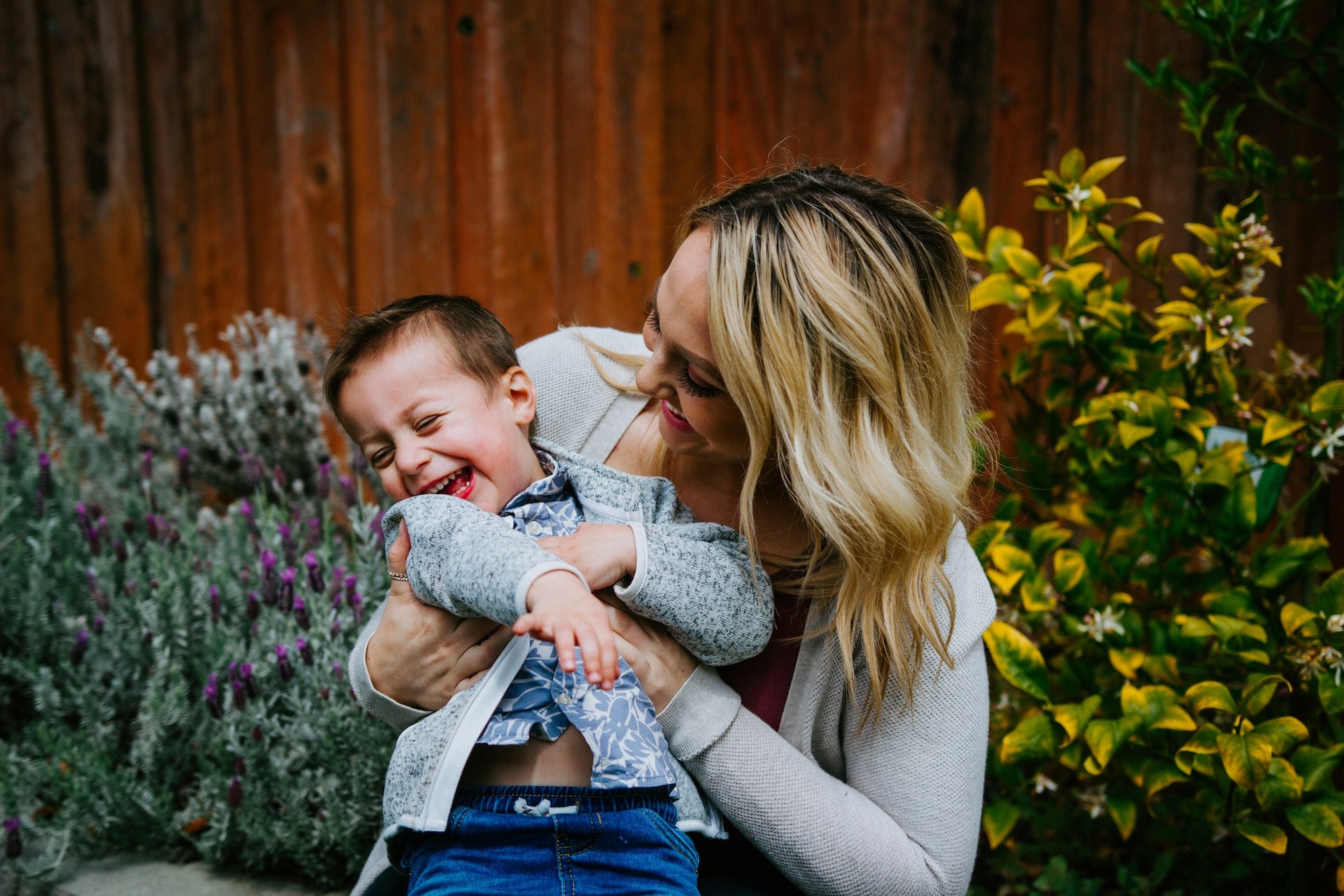People who take care of us and stick with us through the highs and lows of life hold a special place in our hearts. There are instances when the responsibility of caring for a child is bestowed upon a guardian. A guardian is a person who is appointed to look after the child or an elder mentioned in the Will and is responsible for all legal decisions on behalf of that person and property.
Guardianship is most commonly for minor children under the age of 18. A guardian should provide necessities, medical care, education, and support until the child reaches 18 years old. Guardianship upon death is of utmost importance for the welfare of the child.
Guardians ensure that the child has a place to live, with a caretaker or in an assisted living or full-care facility. State and local statutes regulate rules for appointing guardians. Appointing a guardian for a child gives the child a voice so that their own views can be heard by the Court to safeguard their interests. Appointing a guardian in a Will gives your child the future as per your wishes.
Meaning of Guardian of a minor : The Guardian of the minor has custody of the children and the authority to make decisions concerning the children ‘s protection, education, care, discipline, etc. In the US, Guardianship upon death is assigned by a court, such as the family court, according to state laws.
Choose a Legal Guardian As Soon As Possible
Irrespective of your net worth or age, you must Make a Will and include the names of the legal guardians to take care of your minor children. Choose a Legal Guardian as soon as possible in case you become disabled, pass away, or otherwise be unable to provide facilities for your children.
There are two types of guardianship:
- Guardian for the person In this type of guardianship, the Guardian appointed in the Will manages the personal affairs of the child, older person, or incapacitated individuals, such as medical needs, nutrition, rent, and transportation.
- Guardian for the person and property In this type of guardianship, the Guardian is someone the court names to manage money, and property for someone else the Court has found cannot manage their money and property alone.
When choosing a Guardian in your Will, do not make the following mistakes:
Most people opt to have a lawyer draft their last Will, or they draft their own Will. If you want to write your own Will, do not make the following mistakes.
1. Not thinking of long term
Think of the long term and appoint a guardian in case of death. Create a backup plan that gives you complete control of your children’s well-being even if you’re incapable or deceased.
2. Naming the Wrong Person as Executor
An executor is a person who shares the assets with the beneficiaries. Naming the Wrong Person as Executor can create a massive mess for your heirs to sort out.
3. Selecting Someone Without Financial Resources
Select a financially stable guardian. Choose a guardian for your child who can afford necessities, medical care, education, and support to give your children the life they deserve.
4. Choosing Someone to Appease Your Family
Do not select a particular guardian because you feel pressured to do so.
5. Not Considering the Guardian's Age
Grandparents are generally the first choice for parents in choosing guardians. Consider grandparents’ age and general health, especially if your children are still relatively young.
6. Leaving Out Instruction on How Your Children Are Raised
As a parent, your wishes should be honored by the Guardian. Providing explicit instruction is essential if you want the Guardian to raise your children according to your wishes.
7. Forgetting to Update the Will
Check your Will frequently to avoid unseen problems for your heirs if you die unexpectedly. Don’t forget to change guardianship in a will if circumstances change, such as getting divorced, getting married, or having a child. These are examples of circumstances where a change will be necessary.
What are the disadvantages of being a guardian?
Appointing a guardian can have many disadvantages; court-supervised guardianship is costly, and payment of various kinds of fees such as court filing fees, attorney fees of the alleged incapacitated person, and fees for each of the three examining committee members, etc.
Here are some of the disadvantages of being a guardian:
- Time-consuming and costly The court process is time-consuming and costly as it involves paying legal fees.
- Longevity Anyone wants to appoint a guardian who is in good health and young enough to provide the appropriate care and service for an extended period. Still, there is a risk in Appointing a guardian for a child; the Guardian could become sick or even die, leaving the person they are caring for in the wrong place.
- Huge Responsibility A guardian has a lot of responsibilities as they will be more or less in charge of the person’s life, ensuring that all the decisions made are correct.
- The Individual Doesn’t Get the Chance to Select Their Guardian When creating a power of attorney, the Court appoints a guardian for the person.
- The Court is Involved in Private Family Decisions The Court oversees the actions and reviews the decision taken by a guardian on behalf of an incapacitated family member.
What makes a good guardian?

Choosing a guardian for your child who understands the significance of their role is essential. Some qualities to look for in the Guardian are:
- Empathy & Kindness Emotional well-being and physical well-being go hand-in-hand. Choose a guardian for your child who offers kindness during the child’s most difficult times.
- Core Values and Beliefs The more your chosen Guardian’s personal beliefs and core values align with yours, the better.
- Financial Stability Taking good care of children can be expensive. Therefore, parents should choose a financially stable guardian. The Guardian should be able to manage all the funds received on behalf of the children to give children the life that they deserve.
- Patience Appoint a guardian who has the patience to support a child through the traumatic experience of losing their parent.
- Parenting Style Every parent is different. A guardian should take care of kids like a parent. Potential guardians who are already parents know how to love and raise children.
More qualities of a suitable guardian are:
Guardians must have a keen interest in their culture, good communication skills, a willingness to learn, practical experience and technical skills for working in the field, and the fortitude to work outdoors, sometimes in harsh conditions.
Can you have multiple guardians?
Yes, one has the right to appoint multiple guardians. For instance, if there is a large family, the burden of raising multiple children or managing their assets will be too much to ask of one person. Therefore, most parents prefer to appoint two guardians for their child. It is good to name multiple guardians in the Will; if the primary Guardian backs down from the role or dies, substitute guardians can take their place. The nominated guardians mentioned in the Will can be changed simply by Changing guardianship in a will at any time before the disability or death of both parents.
How is a guardian appointed?
Appoint a guardian for your child if you die. The Court and lawyers are always involved in appointing a guardian. Any person interested in a child’s welfare can petition for a guardian. To be eligible to become a guardian, one must:
- Be 18 years old.
- Live in the United States
- Not have a criminal record of child exploitation.
The judge will decide how to appoint a guardian in case of death as it is in the child’s best interest. If the child is over 14 years old, the judge will appoint a person chosen by the child.
There are several methods for Appointing a guardian for a child before the need arises:
- Guardian For a Minor and Adult Incapacitated Child Parents of a minor and adult incapacitated child name their choice of Guardian in their last Will.
- For an Adult Person An adult person can name someone else to serve as their Guardian in future incapacity.
How to choose a guardian for your child?
Appointing a guardian for your child depends on your relationship with close family and friends. Appoint a guardian in a will who shares the same values as you, has the energy to raise a child, lives nearby, has care-taking abilities and values, and has a personal relationship with your children.
How to appoint a guardian for my child if I die?
Questions to consider when appointing a guardian for your children:
- Is the candidate at a stage in their life where they would want to be a parent?
- What are the candidate’s views on education and religion?
- How is the candidate’s health?
- Will they be able to care for your children until adulthood?
- Where do they live?
- What Are Their Values?
- Will the person cooperate with the people named as the executors of your estate?
Once you’ve decided on an ideal guardian, ask for their approval and permission before making it final.
Conclusion
Every parent should include guardianship as part of their estate planning. Create a Will and appoint a Guardian for your child as soon as possible. Update your Will every year or two and cover issues like education, travel, and the values you think are essential.
Create an online will with CLOCR and appoint a Guardian in your Will. Our digital estate and legacy planning services ensure that your loved ones are safe after your demise, especially when it comes to your digital assets. Sign up to Clocr today and leave a lasting legacy.




